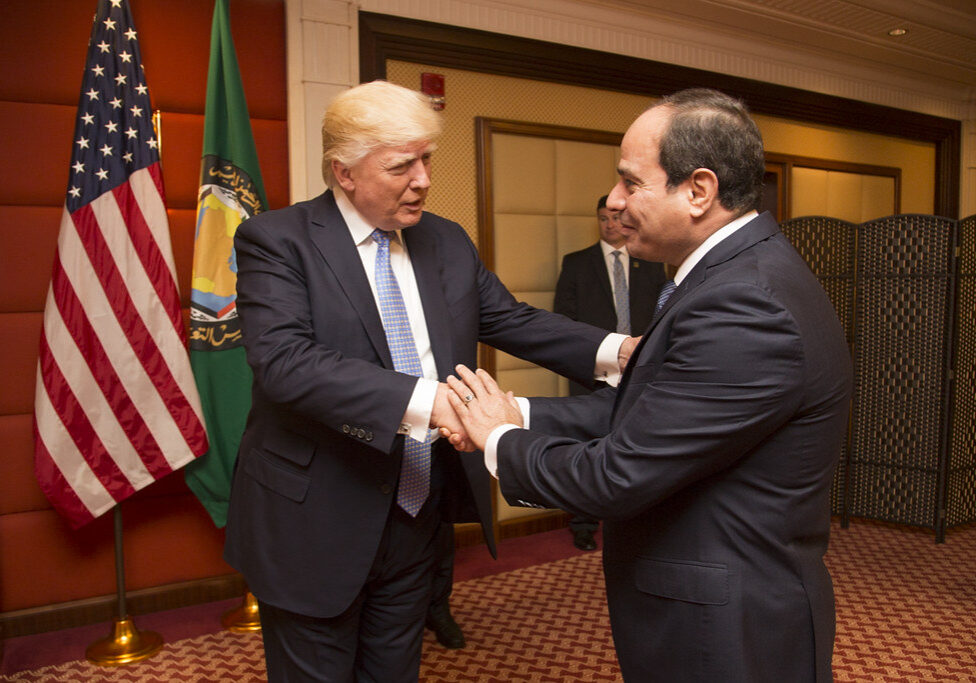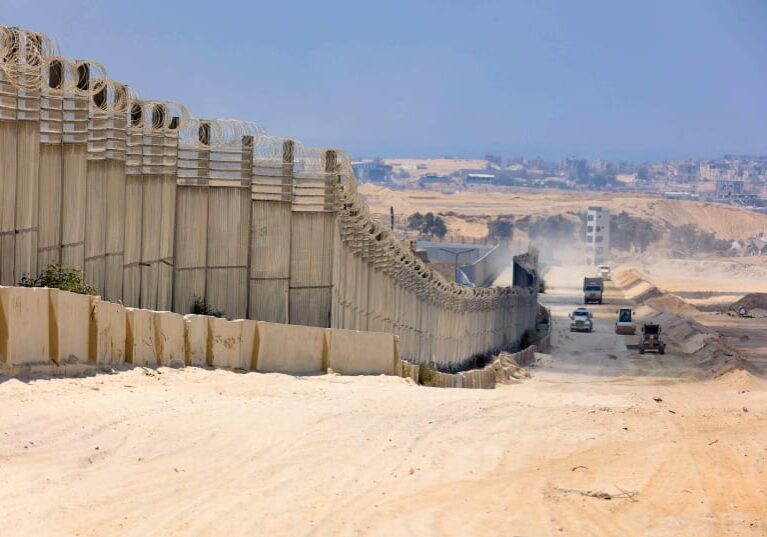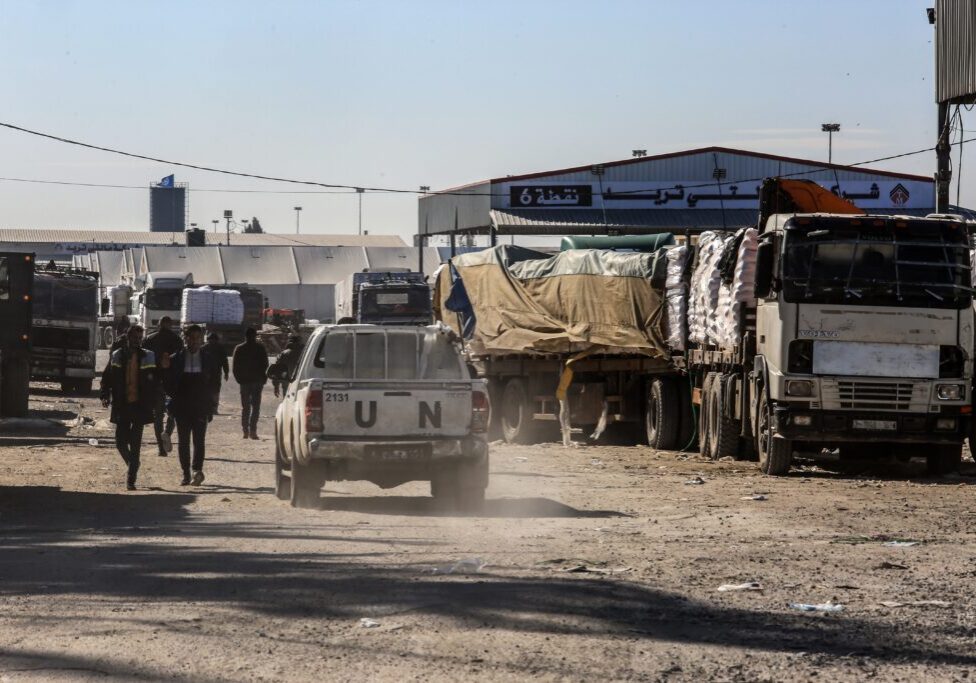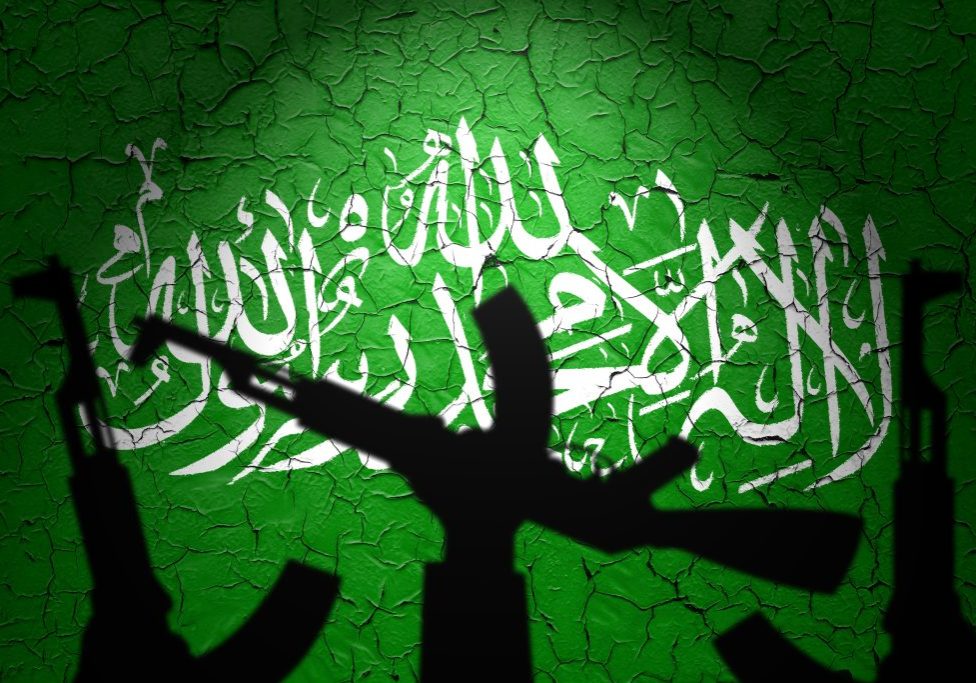Australia/Israel Review
Egypt’s Year of Decision
Nov 23, 2010 | Yehonathan Tommer
By Yehonathan Tommer
Egypt’s presidential election is still a year off. However, by October 2011, ailing President Hosni Mubarak will be 83 and have ruled the Land of the Pharaohs continuously for 30 years. But whether he steps down after five consecutive terms of six years, tries to hold on for another term, or passes from the scene before a successor is appointed and installed in office, next year’s presidential elections will likely mark the end of an era. Egypt’s long term stability and the country’s Western orientation may come under pressure as the question of a successor to President Mubarak comes to dominate Egyptian politics.
Parliamentary elections for the People’s Assembly on Nov. 28 were always certain, given the nature of the Egyptian political system, to return another massive majority for the ruling National Democratic Party (NDP). With them out of the way, the presidential race looks certain to accelerate.
The line-up of pretenders includes personalities that the ruling NDP elite frown upon such as the secular dissident and civil rights activist Ayman Nour, Chairman of the al-Ghad (Tomorrow) Party – as well as any candidate from the Muslim Brotherhood, which is illegal but still participates in politics through affiliated “independents”.
NDP Secretary General Safwat al-Sharif and Prime Minister Ahmad Nazif have also been suggested, along with lesser known opposition party pretenders like el-Sayed al-Badawy who heads the el-Wafd el-Jadid Party.
No one has formally declared an intention to run. However it appears that only three or four people are realistic contenders for the top job.
The Contenders
The front line contender at this stage is the 47-year old Gamal Mubarak, the younger of President Mubarak’s two sons. It is apparent that the elder Mubarak has groomed him in recent years to, at least potentially, succeed him in office.
A proponent of Western-oriented market economics, Gamal Mubarak has a Bachelor of Business Administration from the American University in Cairo and a background in international investment and banking in Cairo and London.
Mubarak senior parachuted him in 2002 into the position of General Secretary of the Policy Committee, the third most powerful post in the ruling NDP, to oversee a 700-person think tank embracing academics, businessmen and other key party members.
Since then Gamal Mubarak has been dispatched on frequent government missions around the world and especially to Washington where he is said to have established good working relations with the last two American administrations.
His major challenge will be to overcome strong local resistance to the idea of a father-son succession to the very powerful Egyptian presidency in what is ostensibly a “revolutionary” regime, not a monarchy.
“A lot of people don’t like the idea of a dynastic process here,” a Western diplomat told The New Yorker in its profile of him earlier this year. The magazine also noted that many Egyptians see Gamal Mubarak as “a symbol of nepotism and privilege in a regime bedeviled by government corruption”.
Gamal’s recent disavowal of any intention to seek the presidency may be an effort to counter this negative reaction. In any case, few knowledgeable observers inside or outside Egypt view these denials as final, and he remains the front-runner.
“Current constitutional limitations on opposition candidates as well as organisational and institutional circumstances certainly favour him as the most likely successor,” says Scott Carpenter, a former deputy assistant secretary of state in the Bureau of Near Eastern Affairs, and fellow at the Washington Institute for Near East Policy. Gamal has the advantage of “a key leadership position in the NDP and access to its vast machinery and resources, as well as the Mubarak family name.”
The only opposition figure who could play a part in the succession is Mohammed ElBaradei (68). He is a career diplomat, former Director-General of the IAEA (International Atomic Energy Agency, 1997-2009) and Nobel Peace Prize Laureate. Since his retirement from the IAEA where he clashed repeatedly with Washington over the agency’s inspection policies of nuclear facilities in Iran and Syria, he has made media headlines criticising Egyptian governance, condemning the absence of democracy, the slow pace of constitutional amendments and other reforms, and the need for change in his country.
ElBaradei has a potential following among the 22% or 18 million Egyptians between 18 and 27, many of whom are avid internet users. “This segment could supply him with the popular base to materialise his slogan ‘Change will come via the young,’ and they are likely to determine the outcome of the presidential elections,” writes Haaretz Arab affairs commentator Zvi Bar’el.
Bar’el argues that Egypt’s disaffected younger generation – eager for employment opportunities, housing and better education and used to the relative freedom of speech and debate on the internet – has the potential to transform Egyptian politics. “They are the real threat to the governing NDP, and not the legally-banned and contentious Muslim Brotherhood which seeks to increase its surrogate parliamentary representation,” says Bar’el.
Constitutionally, however, the cards are heavily stacked against an outsider without a political base like ElBaradei. To be eligible to run, he must either be a member of any party that holds 3% of the seats in parliament or gain the signature of 250 members of the national parliament and/or local municipal councils, all of which are dominated by the NDP. At press time, it seemed he would obtain the former in the Nov. 28 People’s Assembly election, as he declined to run, instead urging opposition parties to boycott the poll.
Meanwhile, the government-controlled media have attempted to discredit him by attacking him on multiple fronts as one “out of touch” with ordinary Egyptians, and a “non-believer” whose daughter wears swimsuits and attends parties where alcohol is served.
“At the end of the day ElBaradei realises that Egypt will not change from pharaonic rule to democracy overnight and may choose not to run,” David Schenker of the Washington Institute wrote recently. However, “Whether in Cairo or from his home in southern France, ElBaradei will continue to be a useful gadfly and rallying point for a long-suffering opposition in search of a better future for Egypt,” he noted.
Two additional septuagenarians, Amr Moussa and Lt. General Omar Suleiman are considered less realistic presidential contenders. Opposition forces would like Amr Moussa, a former Egyptian Foreign Minister and incumbent Secretary-General of the Arab League to run. But he has been non-committal, stressing a desire to complete his term of office at the Arab League.
Gen. Suleiman (74), who was hand-picked for the post by President Mubarak, belongs to the military elite which exercises a crucial influence in Egyptian affairs, and whose support and approval for the candidacy of a presidential hopeful would likely be indispensable.
Suleiman is an experienced and tactful diplomat, an honest Middle East broker and a respected pillar of support for Washington, says former US Intelligence officer Lt. Col. Rick Francova who has worked closely with the Intelligence Chief. “This makes him appealing to a US administration and a reliable horse on which to bet. But without substantial domestic political support his presidential candidacy is unlikely.”
The Strategic Stakes
“Mubarak’s exit will mark a low point in Egypt’s diminishing regional stature as Cairo has retreated in recent years from regional politics and turned inwards to deal with deep domestic challenges,” Schenker comments. Egypt’s newly elected President will therefore want to find ways of restoring Egypt’s military and diplomatic power vis-a-vis the region’s influential non-Arab actors – Iran and Turkey.”
“A once-respected and feared Egypt is but a shadow of its former self,” says Schenker. “This is bad news not only for Egypt but a blow to the United States and an already shaky US regional security architecture. With Ankara moving away from its traditional alliance with Washington, the Obama Administration today has no militarily formidable Muslim partners to help counter the threat posed by Teheran.”
Egypt faces a critical and dangerous crossroads, Dr. Mordechai Kedar of Bar Ilan University’s Begin-Sadat Centre for Strategic Studies warns. “If President Mubarak delays further in naming a successor, the country’s centrifugal forces will strengthen after his departure as opponents, like the Muslim Brotherhood, and supporters of his son, [both] abetted by foreign funds and interference from Iran, Saudi Arabia, the Gulf States and the Europeans, compete for influence.”
Such a power struggle, Kedar urges solemnly, “could lead to a collapse of government rule, spilling in a bloodbath onto the streets and push the country toward disintegration, and threatening… to undermine Israel’s 30-year peace with Egypt along an unprotected Sinai border.”
Tags: Egypt






